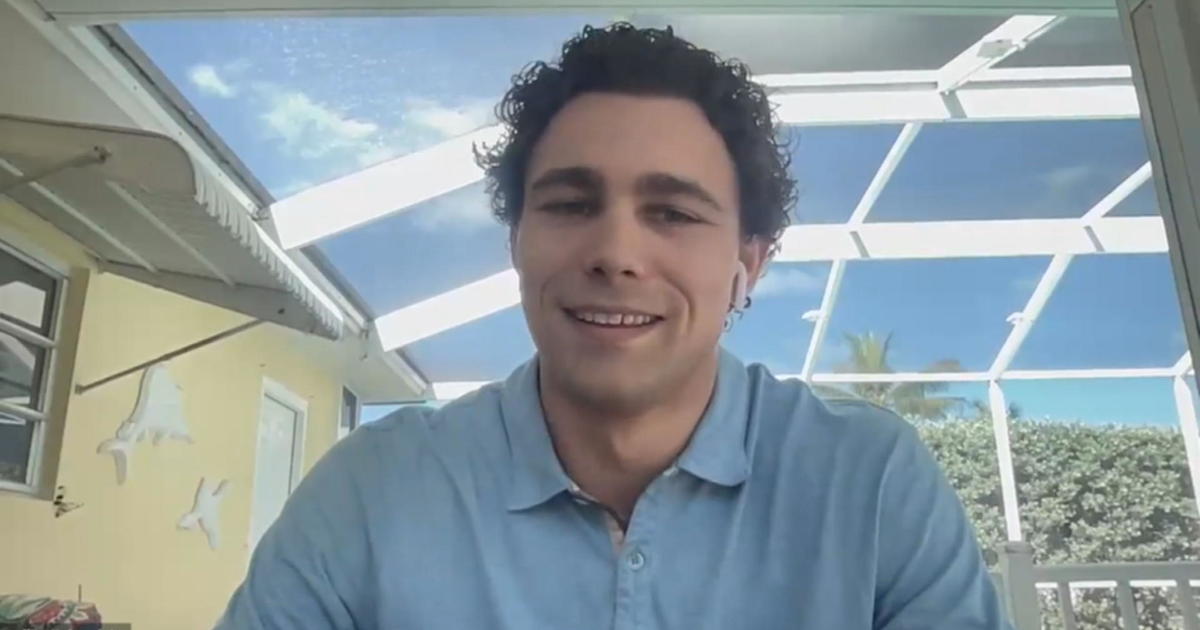Friendship Is More Powerful Than Morphine, Study Finds
PHILADELPHIA (CBS) – They say laughter is the best medicine, and now a new study finds friendship may be even more powerful than morphine.
Researchers at Oxford University discovered that people with more friends have a higher pain tolerance.
Katerina Johnson, a doctoral student in the University's Departments of Psychiatry and Experimental Psychology, was researching whether differences in neurobiology may help explain why some people have larger social networks than others.
"I was particularly interested in a chemical in the brain called endorphin. Endorphins are part of our pain and pleasure circuitry – they're our body's natural painkillers and also give us feelings of pleasure. Previous studies have suggested that endorphins promote social bonding in both humans and other animals. One theory, known as the brain opioid theory of social attachment, is that social interactions trigger positive emotions when endorphin binds to opioid receptors in the brain. This gives us that feel-good factor that we get from seeing our friends."
Johnson says, "To test this theory, we relied on the fact that endorphin has a powerful pain-killing effect - stronger even than morphine."
Researchers say they used pain tolerance to assess the brain's endorphin activity. The study found that those with larger social networks had a higher pain tolerance.
"These results are also interesting because recent research suggests that the endorphin system may be disrupted in psychological disorders such as depression. This may be part of the reason why depressed people often suffer from a lack of pleasure and become socially withdrawn."
Additionally, the study found fit people and those with higher reported stress levels tend to have smaller social networks.
"It may simply be a question of time. Individuals that spend more time exercising have less time to see their friends. However, there may be a more interesting explanation, since both physical and social activities promote endorphin release, perhaps some people use exercise as an alternative means to get their 'endorphin rush' rather than socializing. The finding relating to stress may indicate that larger social networks help people to manage stress better, or it may be that stress or its causes mean people have less time for social activity, shrinking their network."
For the study, participants were asked to complete a questionnaire relating to the two innermost social network layers, as well as providing information on lifestyle and personality.
Participants then performed a test which involved squatting against the wall with knees at a right angle and a straight back. They were asked to hold this position for as long as possible.
Researchers say even when allowing for differences in individual fitness, the study found that people who could endure this pain test for longer, also tended to have larger social networks.



